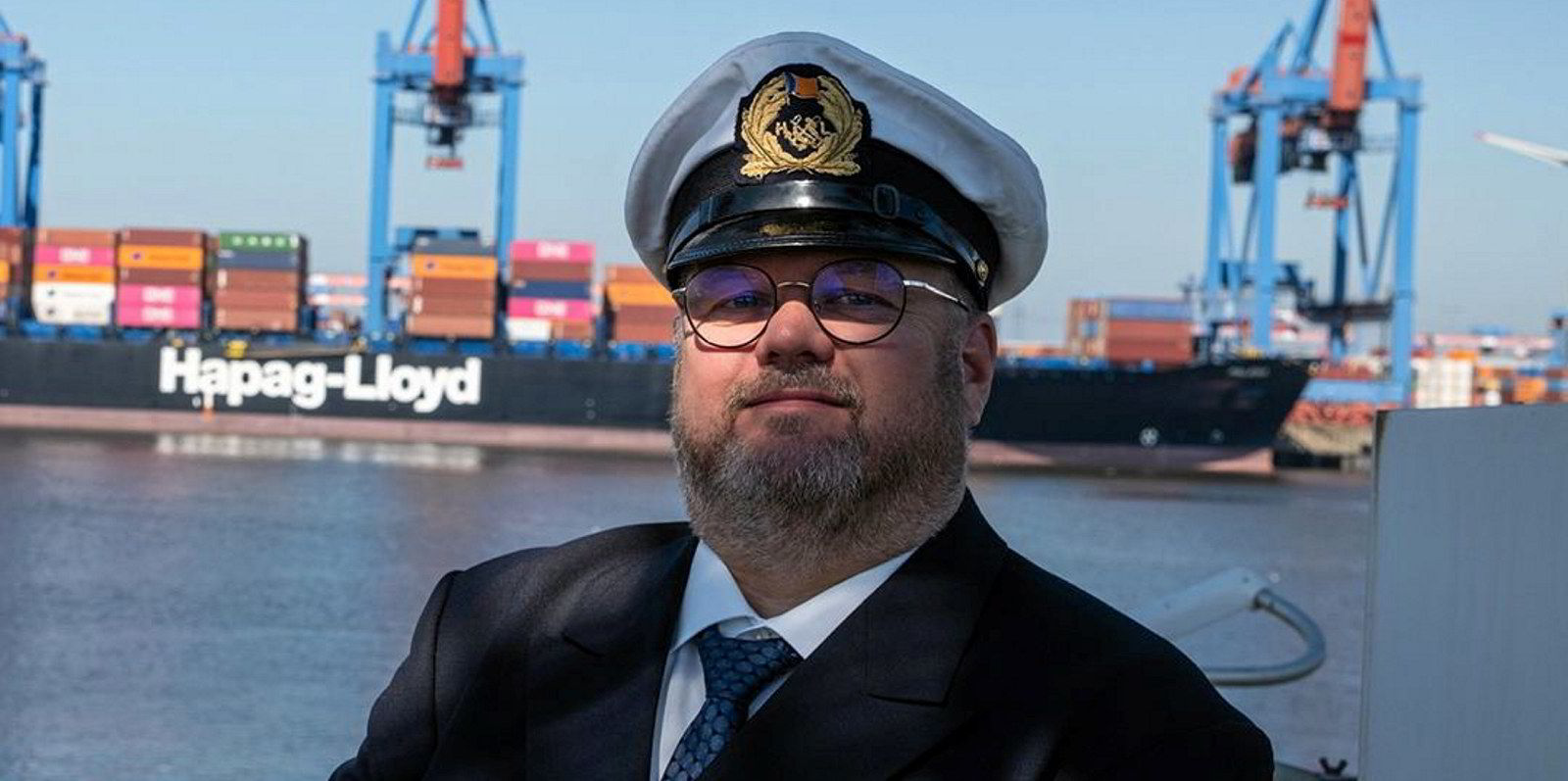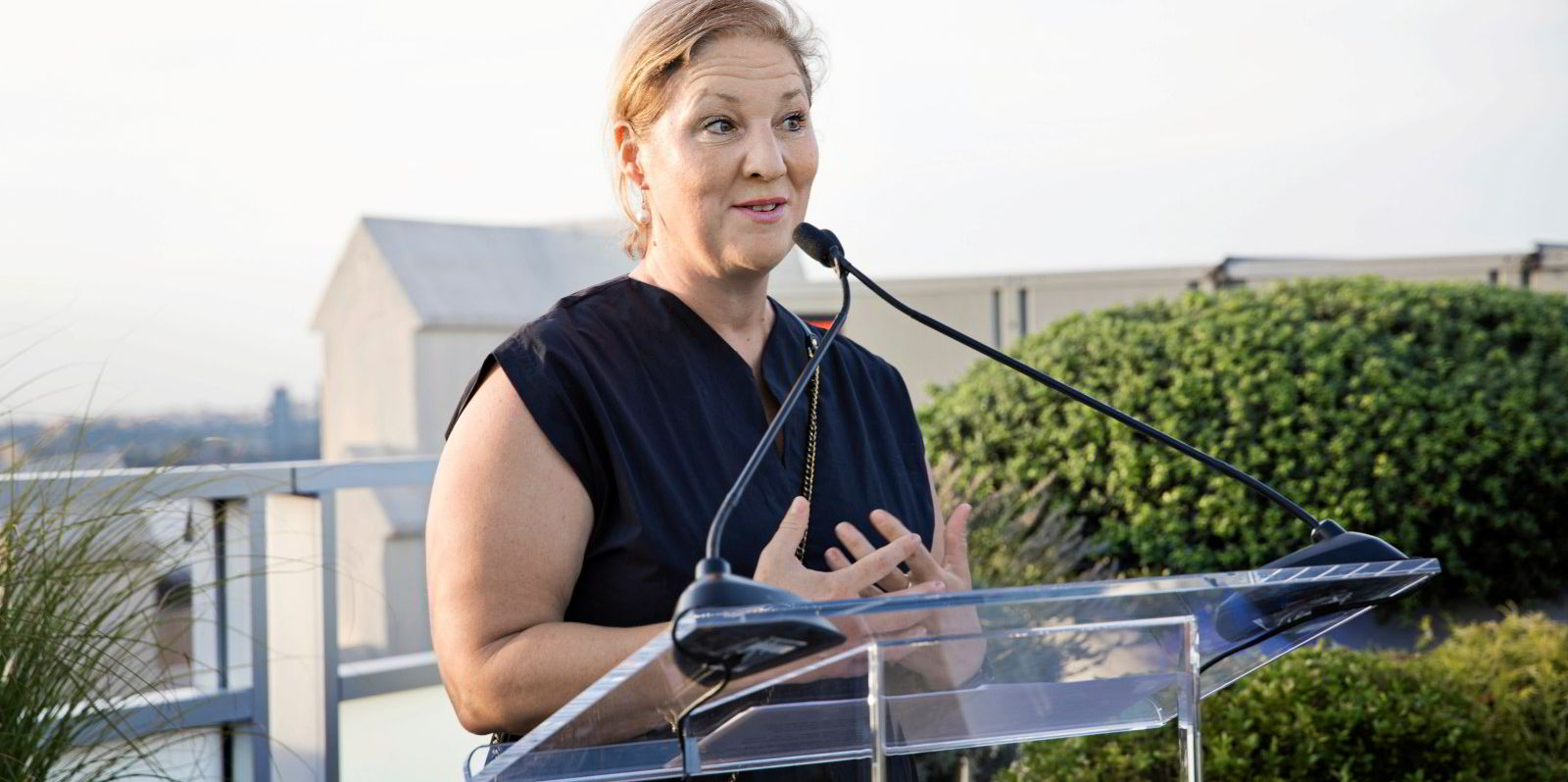Shipping is not moving fast enough on decarbonisation and needs to take major steps if it is to reach the 2050 net zero goals, according to a new report published today by energy major Shell.
In “Decarbonising Shipping: All Hands on Deck 2.0” — which follows its first publication of this report series in 2020 — Shell said: “Some progress has been made in the past two to three years but “the magnitude of action and investment needs to step up with speed to achieve the ambition of net zero by 2050.”
The major said that both shipping volumes and CO2 emissions increased by nearly 6% by the end of 2021, despite a temporary decline of 10% in the period due to the global pandemic and disruptions to supply chains.
“With shipping businesses facing increasing pressure to decarbonise, driving a reduction in emissions in the near-to-mid-term period will be critical,” the company said, as shipping volumes are expected to increase in tandem with the growth of global trade.
In what Shell terms as its “refresher report”, which has been produced in collaboration with Deloitte, the company said it engaged with over 25 leaders across all segments of shipping
The report makes six recommendations.
The major encourages shipping to scale up pockets of demand for low-carbon fuels and low-emission vessels to create clearer demand signals.
It tells the industry to take a segment-specific approach to allow solutions to be prioritized and tailor-made for each sector.
The company encourages players to leverage local and regional regulations to give momentum to cutting greenhouse gas emissions.
Shell wants to see a more fuelling demonstration projects to drive clarity for both shipowners and fuel suppliers on the pathways for different fuels.
The energy company sees a need for the industry to adopt an integrated view on asset improvements, referencing areas like efficiency measures, conversions, retrofits and repair yard capacity.
Shell also wants to see green corridors activated to drive decarbonisation regionally and which can then be scaled out geographically.
In the report, Shell revisited the six readiness factors for decarbonisation it had identified in its 2020 report and used a traffic light system to indicate progress on these.
Only two — market and customer demand and regulatory incentives – got the green light on the progress made. The ease of infrastructure replacement and the clarity on roles and decision-making were given red lights.
The major followed this up with an 18-point action plan and deeper dives into each of the six readiness factors.
Shell Marine president Melissa Williams said: “Change is often the only certainty we have in the shipping industry, but the continued urgency to decarbonise is one constant that remains.”
Williams said the report shows that “action is underway”. “But crucially, it also shows that this action is not happening at the speed required by the energy transition, especially in areas such as infrastructure replacement and around roles and decision making.”
She encouraged organisations across the industry to consider carefully how to act next and to reach out to partners — including Shell. “Because, by working together, we can secure a brighter horizon for the entire shipping ecosystem,” Williams added.






